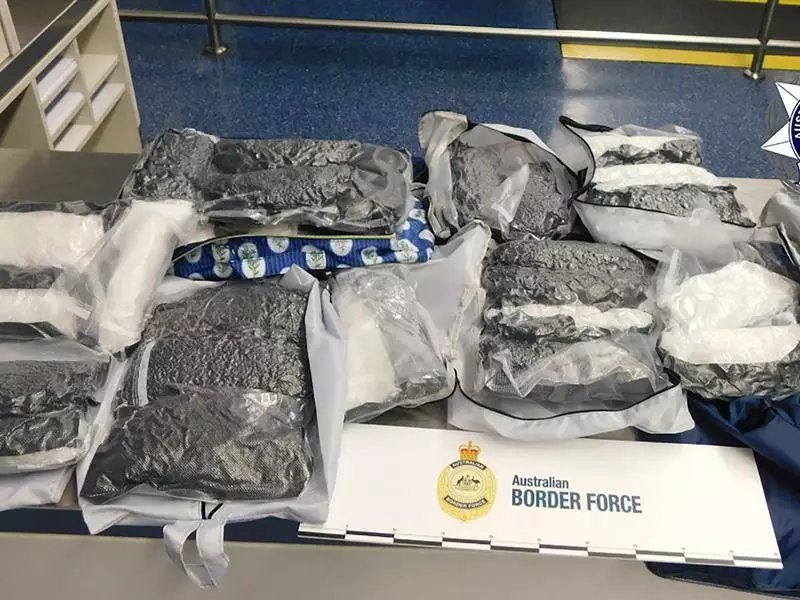
CANBERRA householders are being warned to beware of “dodgy” operators cashing in on the ACT government’s solar-power, no-interest loan scheme.
SOLAR4LIFE, a Mitchell-based, solar-power company, says it’s concerned that interstate companies are taking advantage of Canberra households wanting to access the ACT government’s sustainable household scheme, which offers interest-free loans of up to $15,000 for the purchase of solar products.
The company’s director, Sukhjeet Singh, told “CityNews” that the scheme was attracting businesses from outside of the ACT, some of which are convincing households to commit to expensive solar options.

“The scheme is a disaster,” Mr Singh says.
“Vulnerable and elderly people are easily being ripped off by these outside companies who are cold-calling, running social-media campaigns and door knocking to try and sell solar systems and batteries at high prices in the name of this zero-interest loan scheme.”
The $150 million scheme allows Canberra householders who own their properties to borrow between $2000 and up to $15,000 interest free over 10 years to finance a range of clean-energy products, including rooftop solar, induction cooktops, heat pumps and household batteries.
Loans for the scheme are provided by Australian start-up company Brighte.
As of November, the ACT government says 1362 households have applied for a loan through the scheme, with a total value of $14.6 million in applications. Just over 306 installations have been completed, with the majority of demand for solar and battery systems.
The scheme is open to Clean Energy Council-approved solar retailers from across the country and is not dedicated to businesses registered in the ACT, which is a cause of concern for some local solar companies.
“The finance company Brighte, which has partnered with the ACT government, has brought a lot of other companies into the local market,” Mr Singh says.
“That is very dangerous for Canberra’s economy because the door is open for outside companies in Sydney, Melbourne, Brisbane and Perth to jump in and cash in on this scheme.”
Mr Singh, who set up his solar business in Canberra five years ago, warns would-be solar households to be “cautious” when engaging the services of businesses outside the ACT.
“There are a lot of dodgy companies who are trying to cash in on this scheme by going into people’s houses and trying to sell them a solar system for double the price that it normally sells,” Mr Singh says.
Mr Singh, who acts as president of the Mitchell Traders’ Association, says the one thing the scheme overlooks is making provision for ongoing service and repairs of solar products.
“Seventy per cent of solar systems are likely to have issues in the next 10 years, so you need to have someone local that can come to your house to fix your solar system if needed,” says Mr Singh.
Mr Singh’s comments resonate with Frank Carbone, of Canberra’s Fased Solar, who is also concerned about the long-term impact of rogue operators entering the local marketplace.

“The solar industry has always been one of those industries that gets a really bad rap because you get the cowboys that come in,” Mr Carbone says.
“What’s happening in Canberra is that people are creating solar companies and selling solar, because of the loan scheme, and then they leave once the scheme is over.
“What’s also worrying is that you don’t have to be an electrician to own and operate a solar company.”
The ACT government has defended the scheme saying it’s “pleased” with its progress so far.
Despite reports of outside operators cashing in on the scheme, a government spokesperson advised that 80 per cent of installers are from “the ACT and local region suppliers”.
“Suppliers and installers must meet a range of stringent eligibility requirements to be approved to operate under the scheme,” the ACT government spokesperson said.
“Brighte, the scheme’s loan provider assesses their suitability for the scheme, which includes the requirement to be operating for 12 months.”
While the scheme has great potential in promoting solar energy options, Mr Singh and Mr Carbone feel that ACT businesses are not being looked after.
“We tried to lobby the ACT government for the scheme to promote only local Canberra business with a shopfront,” Mr Carbone says.
“They [ACT government] said they would look into it, but we heard nothing.
“The scheme done properly would be a godsend, but the scheme conducted the way it is, is a disaster.”
Who can be trusted?
In a world of spin and confusion, there’s never been a more important time to support independent journalism in Canberra.
If you trust our work online and want to enforce the power of independent voices, I invite you to make a small contribution.
Every dollar of support is invested back into our journalism to help keep citynews.com.au strong and free.
Thank you,
Ian Meikle, editor









Leave a Reply